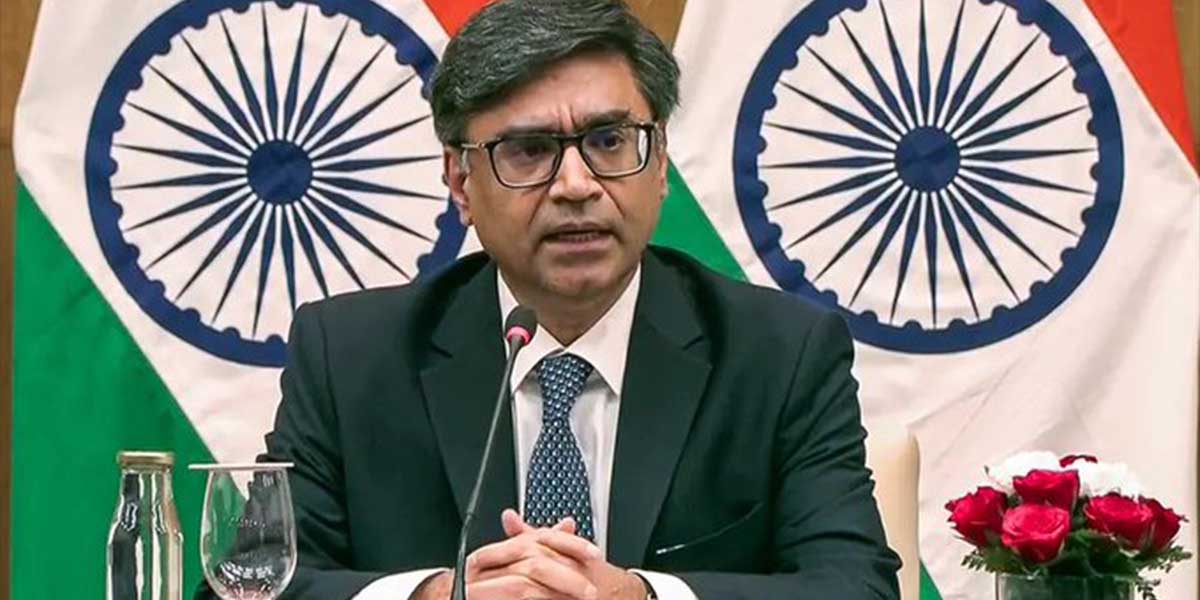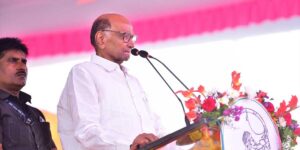There has been an outrage of sorts over the manner in which Foreign Secretary Vikram Misri and his family have been trolled in the social media over India-Pak ceasefire agreement. Many bureaucrats have come in his support. Former foreign secretary Nirupama Menon called the trolling “utterly shameful” and said it “crosses every line of decency”. The IAS Association expressing “solidarity with Vikram Misri and his family” described “unwarranted personal attacks on civil servants” performing their duties as deeply regrettable. Misri’s rise is not just personal success; it is the triumph of memory over forgetting, of dignity over hate, of perseverance over persecution. Born in Srinagar on 7 November 1964, into the serene, intellectual world of Kashmiri Hindus whose peace was shattered by a storm of militancy that swept through the valley in the late 1980s and 90s—a storm not born of the people, but of political poison fed across the border by Pakistan. Like thousands of others, the Misri family was uprooted—not because they broke the law, but because they simply existed. Because they prayed differently. He joined the Indian Foreign Service in 1989, the very year many of his own were forced to flee. He took over as Foreign Secretary on July 15, 2024. He also served in various capacities at the Ministry of External Affairs (MEA), worked in the PMO under three PMs (Gujaral, Dr Singh and Modi) and in various Indian Missions abroad. He was part of the Pakistan desk of the MEA.

 Politics
Politics Business
Business Entertainment
Entertainment Sports
Sports Celebrities
Celebrities





